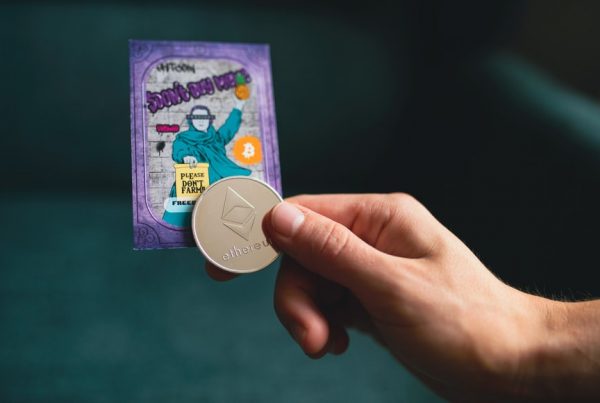
Cryptocurrency airdrop, a.k.a. crypto airdrop or just airdrop, is the distribution of crypto coins or tokens for free by startups in the cryptocurrency world to a huge number of crypto wallets. Established companies may also practice crypto airdrop.
Reasons for crypto airdropping
Companies airdrop to create awareness about their new cryptocurrency. Usually, it is done before the Initial Coin Offering (ICO). They’ll send free tokens or coins to your address, which can be found on the blockchain, to use you in spreading the word and gaining new followers.
Cryptocurrency airdropping doesn’t only benefit the companies but the users as well because it’s a way to earn more tokens. You may also encourage airdrops to your wallet in case the new cryptocurrency will have a huge payout.
A successful airdrop campaign results in more people knowing about the token, talking about it on social platforms and forums. The more people participate, the higher the value of the token gets.
Potential scams in airdropping
The process of airdropping is like dusting, where small amounts of crypto are added to your wallet. Although, airdropping is far less risky.
Having said that, problems arise when scammers or hackers reach out for something other than your public wallet address. Be careful to avoid the risk of the following:
- Private key theft — This involves an airdrop entity asking for the private key to your wallet. Never give out your private key. While other crypto users can spot this scam, newbies to cryptocurrency trading could fall victim easily.
- Trolling or collecting information — Instead of promoting currencies, airdrop websites are sometimes used to gather data. This data can be email, wallet addresses, or social media information, which can be sold to 3rd parties or used for phishing attempts.
Protection from crypto airdrop attacks
Don’t ever give out your private information. If an airdrop entity or a website asks more than your wallet address in exchange for coins or tokens, be wary.
If an airdrop requires your private key, that’s probably fake and trying to steal your cryptos. Also, avoid those that require donations to provide you access. It is the same modus as someone calling you to ask for your online banking password. Never share your password to anyone.
If you liked our “Crypto Airdrop — What is it and How to Avoid Potential Scams” and took some useful information, check this space regularly to get more updates on Bitcoin, crypto backed business loans, and trade cryptocurrencies.



